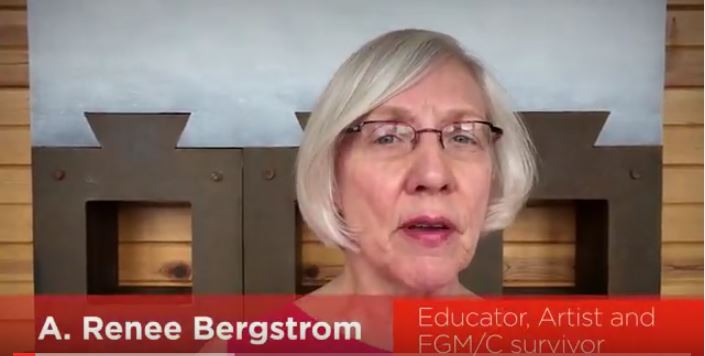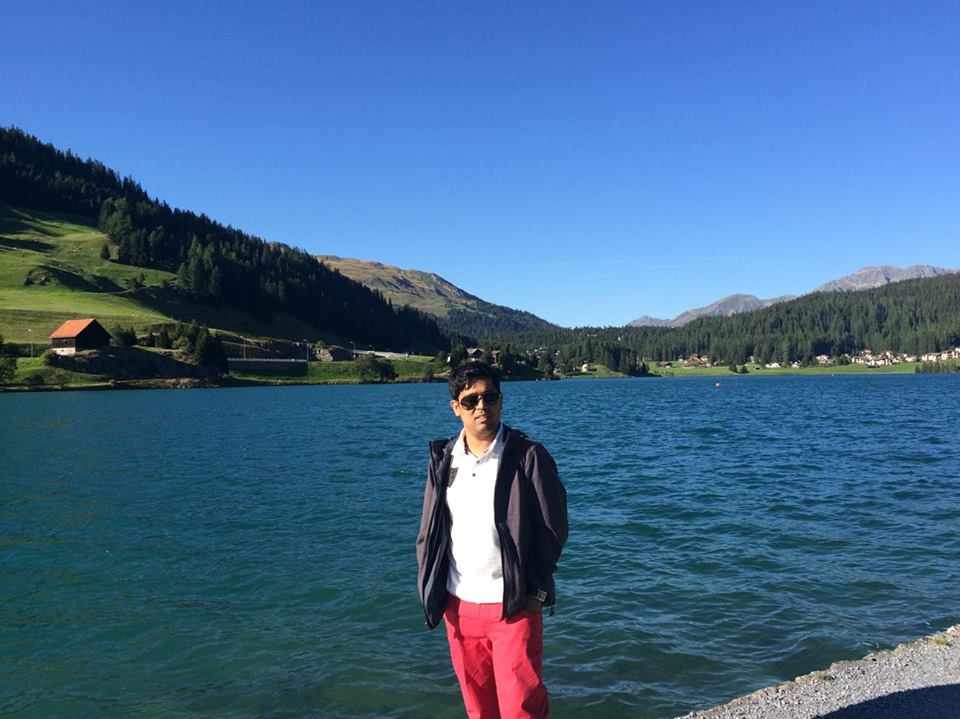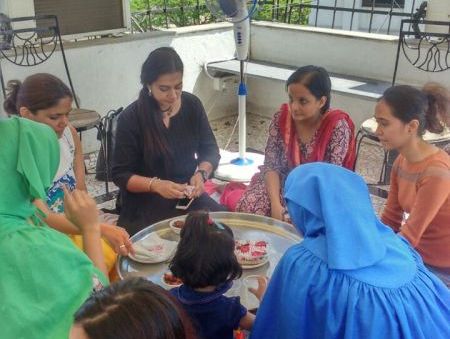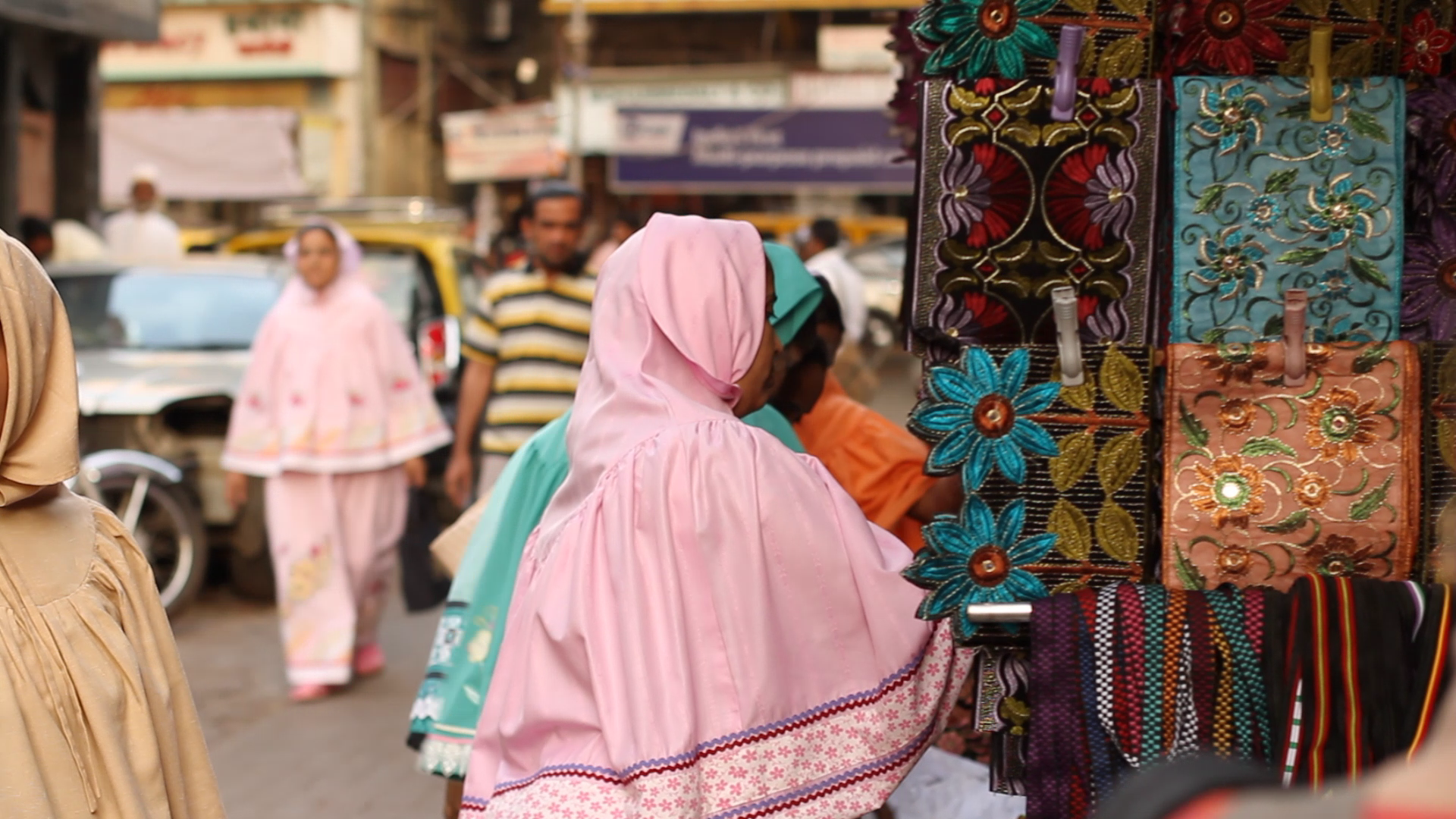By: Anonymous
Country: United States
Age: 34
Around the age of seven, unbeknownst to me at the time, extended family members asked my parents when they would be taking me to have khatna done. In the country we lived in at the time, it was the norm for girls in our community to get it done when they hit that age. My dad opposed this practice vehemently and refused to let it happen to his three girls. In the 1980s, opposing khatna was completely shocking and unconventional, let alone having a father speak his mind. Close family members were told to lie and hide our “secret”.
I myself didn’t uncover this secret until much later as a teenager, when I heard women discussing this thing called ‘khatna’ within family walls. These talks occurred within women-only audiences, where they spoke in code if their 7-8 year-old daughters were in the room with us. Later, I asked mum what this hush hush topic was about and that is when she revealed the secret to me. She also informed me that I should not let anyone know that my sister and I hadn’t been ‘cut’. In those days, my parents would have been social pariah if the truth came out.
Fast forward a few decades later and it hit me that my sisters and I were the only ones, in our entire Bohri side of the family (that I am aware of), who were spared the horror of undergoing what I now know as FGM. Thankfulness and gratefulness isn’t enough for what my father did for us back in the day when he stood up for our rights when no one else would have. I have cousins who regret that it happened to them and a few aunts who regret doing it to their daughters. I now live in the United States and see that this practice still lives on, whether it’s against the law or not, and it hurts me knowing that it is still easy to find a cutter, that mothers of my generation will still ‘cut’ their precious girls because the highest religious office in the community still preaches that it’s the right thing to do.
The Detroit case gives me a glimmer of hope that maybe people within our communities living in the United States will think twice about performing FGM on minors, and that parents will think hard and long before subjecting their girls to this practice. I’m hoping it creates a ripple-effect throughout communities that live here. On the other hand, I know that as long as this practice is encouraged by the leadership, it will continue. Parents will take their children out of this country in an effort to ensure this practice lives because they still think it’s the right thing to do as it is prescribed by our religion and by the leadership of this community. Most seem blinded by the clergy and won’t go against what they prescribe no matter the risk, as this case highlights.
As we speak of religion, this case also gives me shudders because if the legal defense of the doctor who was charged is using religion as a justification to continue and allow FGM, then to the wider world, Islam is to blame. I cringe at the thought of FGM being tied to Islam because there is nothing Islamic about circumcising young girls to curb their sexual desires. If there was anything in Islam about khatna, it would be stated in our Holy Qur’an, which is every Muslim’s ultimate guide to the way we live our lives. If khatna was prescribed by God and mentioned in His book, billions of Muslims around the world would be doing it. There are only a fraction of Muslims around the world that practice FGM, and it stems from a cultural and ritualistic base. I hope that the magnitude of khatna, what it does to a young girl’s psyche and the fact that there is no basis in Islam for khatna, does not pass the ‘religious freedom’ excuse in our court system.






